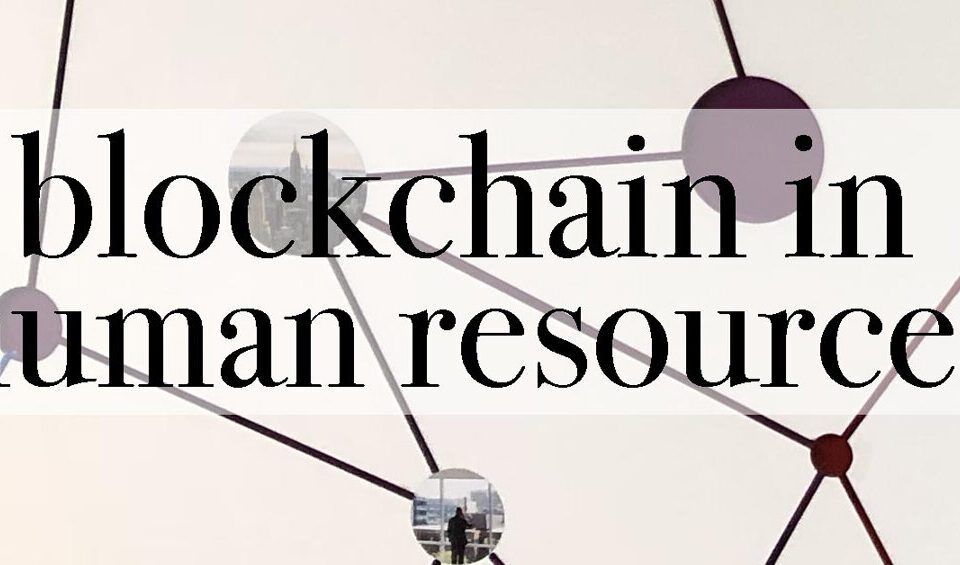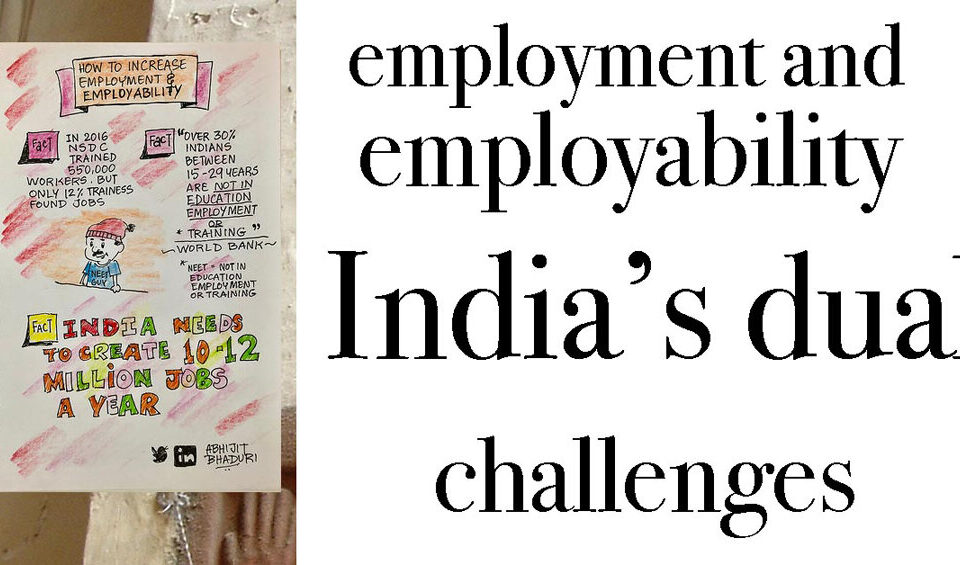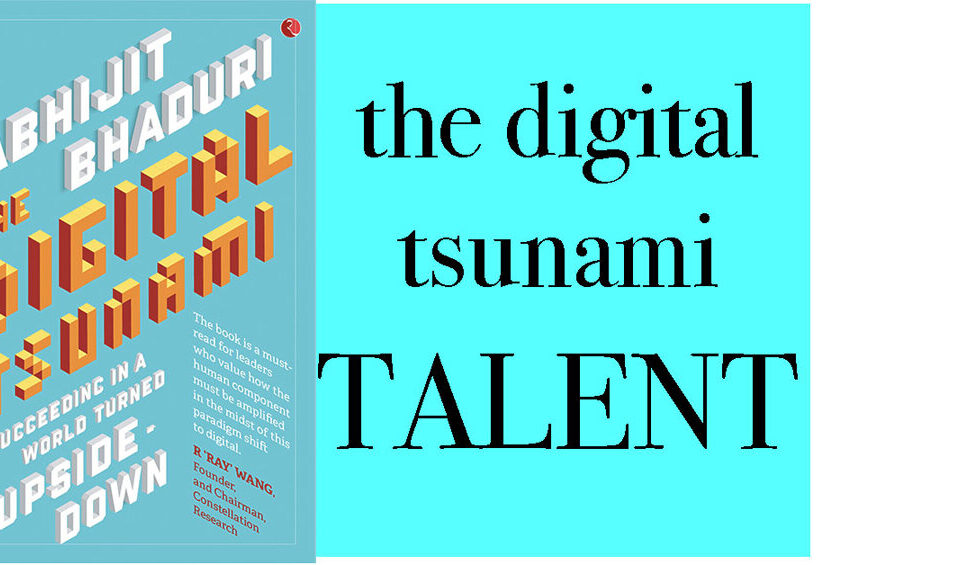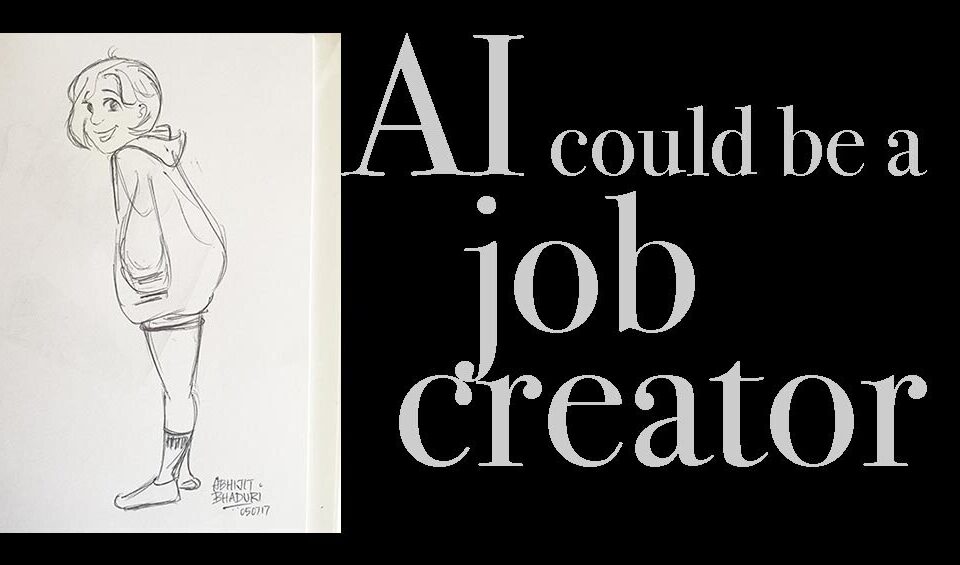Learning patterns have changed. The shelf life of degrees is reducing and people are taking on informal ways of keeping themselves updated. Tracking formal courses, online certifications, badges and digital credentials, and projects done for the employer could be automatically tracked and updated on the resume of the employee using blockchain tech. Imagine a verified version of LinkedIn available without the lies and garnishing rampant today! Blockchain could do all that and revolutionize HR.
98.6% of non-farm businesses have fewer than 10 workers. Entrepreneurs create jobs for themselves and for others. We have to encourage them to scale up. Here are some ideas for Budget 2018:Expand the definition of MSME to be Rs 50 crores.Tax agricultural income beyond Rs 20 lakhs per annum. This can form the fund that can be given to entrepreneurs.21% Indian companies with over $1billion in value have given more than 15% returns on capital. When companies have scaled up they have provided good returns. Getting our entrepreneurs to not just start-up but scale up may be the answer to employment and employability.
When the entire talent pool consists of a few thousand people in the world, the demand and supply equation does get skewed in favor of the experts. In case of Artificial Intelligence, the talent pool is limited to less than 10,000 people across the world. These people are being tapped by everyone from Google, Facebook, Amazon, Apple, Microsoft as well as every other industry. The MD of Daimler Benz recently said their competitors are no longer other car companies like Tesla, but Google, Apple, Amazon etc. The same holds true for talent. If Artificial Intelligence is on its way to becoming like electricity, there are not enough electrical engineers being churned out.
There are enough people who earn a living without stepping into an office. A wartime correspondent can get a Pulitzer without being in office for months. A job that can be done with no interdependencies can be done from anywhere. The gig economy is proof of that.However, deeper bonds are formed between people who cross each other several times a day. In the late 1940s, psychologists Leon Festinger and Stanley Schachter, and sociologist Kurt Back found that physical space was the key to friendship formation.In a hyperconnected world, the notion of friendship is acquiring new shades. Online friendships are being formed on social media over shared interests. Whether these friends could work together on a day-to-day basis on tasks remains to be studied.
India needs to add a million jobs a month every year to feed the youth who are entering the workforce. Every AI agent will need to be trained through millions of iterations. As more AI applications emerge, the need for training AI will grow exponentially. Labor arbitrage will make India an attractive destination for jobs that involve training AI. A study has found six areas where the use of robots will create new jobs: automobiles, electronics, renewable energy, skilled systems, robotics and food and beverage. Jobs like robot psychologist, personal online shopper, robot ethicist did not exist before. This may even be the next outsourcing wave for India. But the jobs we get will have their consequences...
Laws are boundaries that we draw to keep us safe and protected. When people follow traffic rules, people are unharmed by vehicles. The boundaries of knowledge also expand when innovators challenge these rules and laws. Innovation necessarily happens in the fringes. Sometimes when the laws become hindrances, the hub of innovations shifts to other spots. For drones that innovation hub seems to be Africa.
Travis had described the 14 values as a “philosophy of work” that Kalanick and chief product officer Jeff Holden, an Amazon vet, had spent hundreds of hours putting together. The values were built on a world view that there was room for only one ride sharing company in the world. There was no doubt that it demolished the taxi service companies that used to limit the supply of cabs to be able to charge arbitrary prices. Supply of cabs was restricted keep demand higher than supply. Uber demolished all this.It was built on a view that for me to succeed I must kill my peers. The value of “principled confrontation” was designed to encourage employees to challenge authority without fear. On the ground, it translated to bullying the weak colleague.









